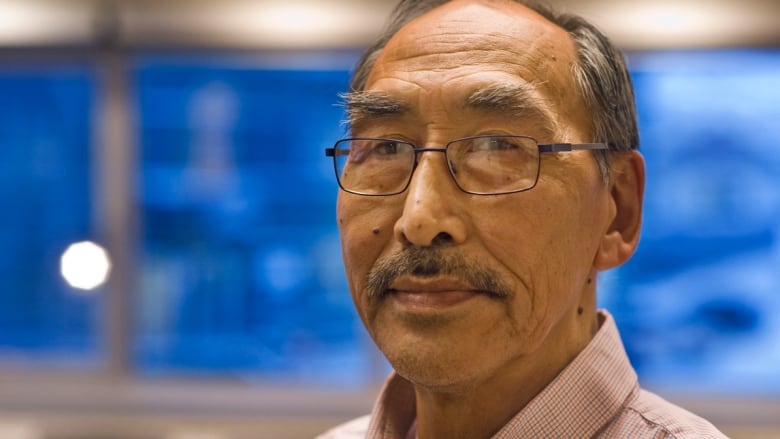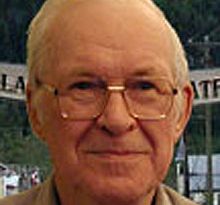Former Nunavut, Arctic Canada PM says residents should elect their premier

Aggu MLA and former Nunavut (Canadian eastern Arctic) premier Paul Quassa says its time for Nunavummiut to elect their own premier.
After an election, under the territory’s consensus-style government, 21 MLAs choose among themselves who will be premier. The speaker is selected first, and thus doesn’t get a vote.
Thursday in the legislature, on the last day of the spring sitting, Quassa stood up and said it may be time to change the system.
“Many people have told me that a clear choice of visions for our territory, needs to be put before the people at an election,” he said.
Quassa added while he recognizes Nunavut doesn’t have any political parties — nor does he see it having them any time soon — he said MLA candidates run based on platforms on what they do for their communities, and not based on a vision for how to run a territorial government.
“The direct election of a premier may be the best way for Nunavummiut (Nunavut residents) to choose a leader who brings a clear mandate to the office.”
Quassa said there would be a number of things to consider in changing the system, including whether Nunavut’s hypothetically-elected premier would have the power to choose their own cabinet. Right now, cabinet ministers are chosen among the remaining MLAs who are not picked as speaker or premier.
“I believe it is now time for this question to be put directly to Nunavummiut,” Quassa said, suggesting a plebiscite be held during Nunavut’s next territorial election in 2021.
While Quassa was selected by the very system he’s proposing to change, MLAs also used their pull to oust him last year through a non-confidence vote.
Nunavut’s first MLAs pondered the idea
Citing a report from Nunavut’s first Legislative Assembly, Quassa said the first group of MLAs pondered the idea, but ultimately decided on the system used today. But Quassa said their intent was to leave it to a future assembly to revisit the issue.
“Considerable public interest was shown in the possibility of some form of a direct popular election of the premier as a means of both reinforcing accountability to the public, and of strengthening the hand of a premier operating in a non-party system,” Quassa said, quoting from the 20-year-old report.
“Let us remember that the creation of Nunavut itself was seen by some as an idea that was impossible to achieve. I firmly believe that we should not be afraid to consider change, and we should be open to ideas and inspiration from other places.
“I’m sure today will not be the end of this conversation,” Quassa said, adding he plans to put forward a motion in October’s fall sitting to move forward on a plebiscite.
Related stories from around the North:
Canada: Canada’s opposition leader lays out foreign policy priorities, Radio Canada International
Finland: Antti Rinne sworn in as Finland’s PM, Yle News
Sweden: Swedish PM Stefan Löfven unveils new cabinet, Radio Sweden
United States: Agency supporting Alaska’s rural development has new leader, Alaska Public Media



